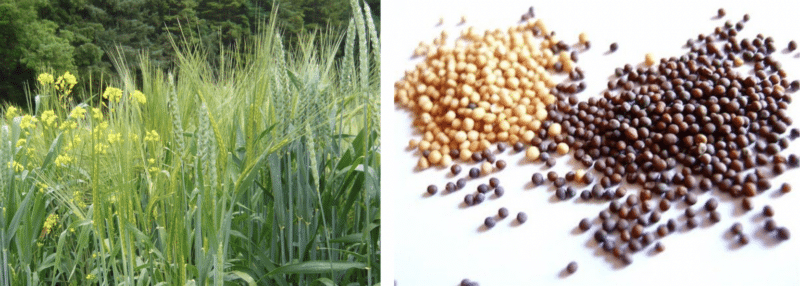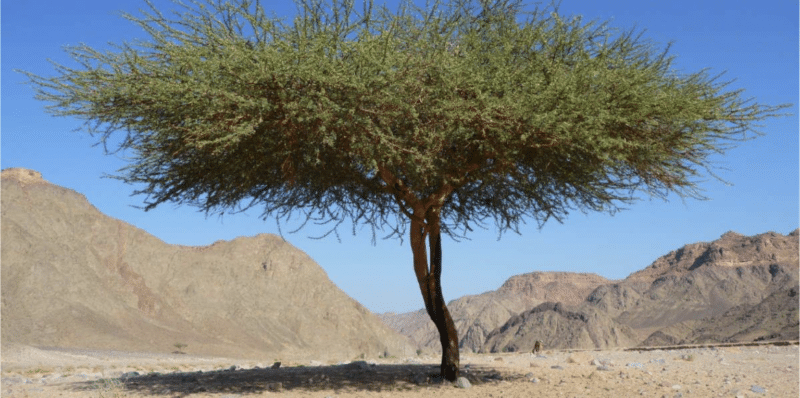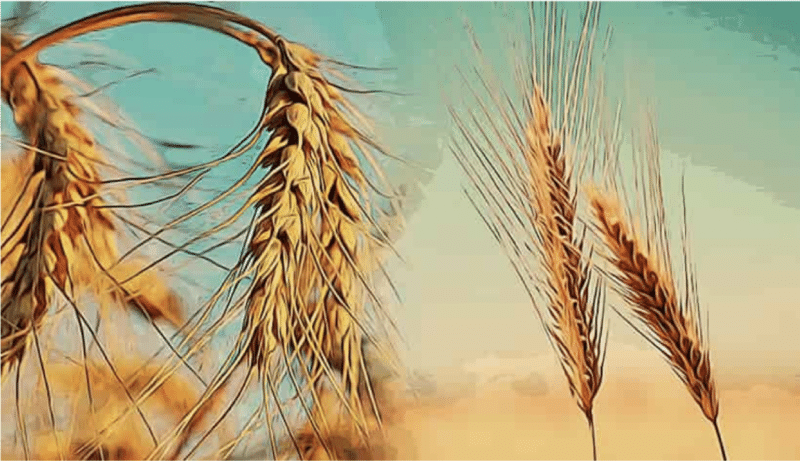August 14, 2022
Matthew 13:24-43
What kind of world do you really want to live in?
A pop song from 1985 declared, “Everybody wants to rule the world!” But how would that work? And is that the kind of world we really want to live in? Chapter 13 of the Gospel According to Matthew records 7 parables of Jesus in which Jesus describes what He calls, “the kingdom of heaven.”
Join Pastor Jim as he helps us understand exactly what Jesus meant by that term and the astonishing joy, hope and peace Jesus offers our broken world, when we begin to live with Jesus as our king!




